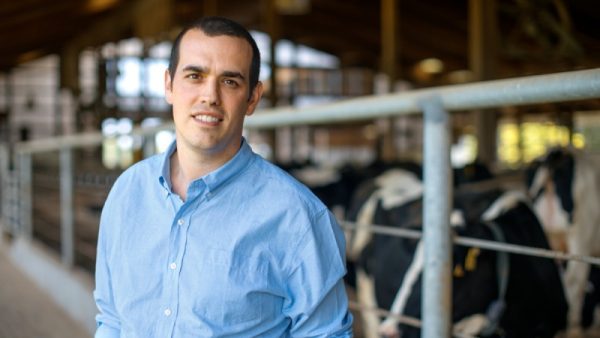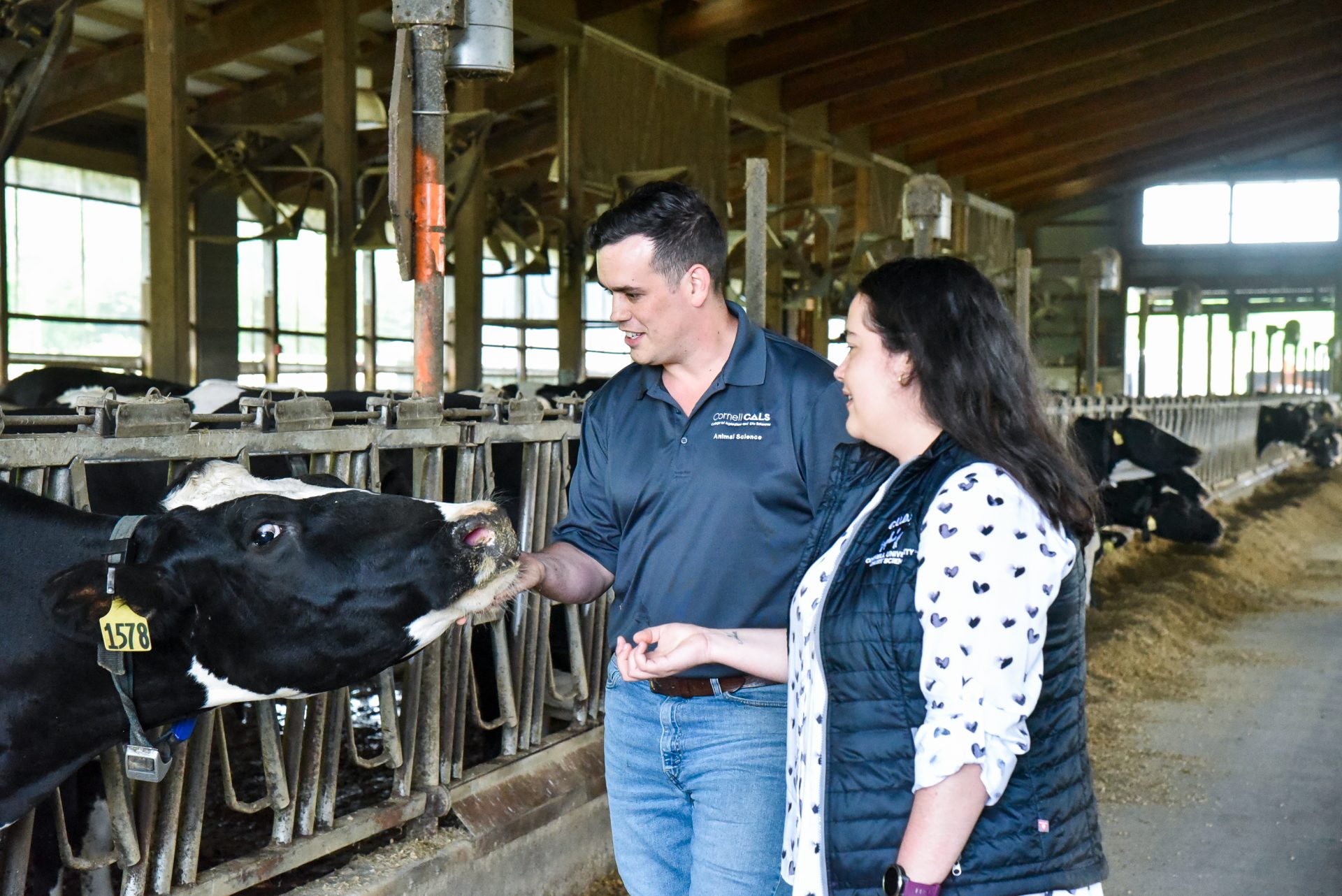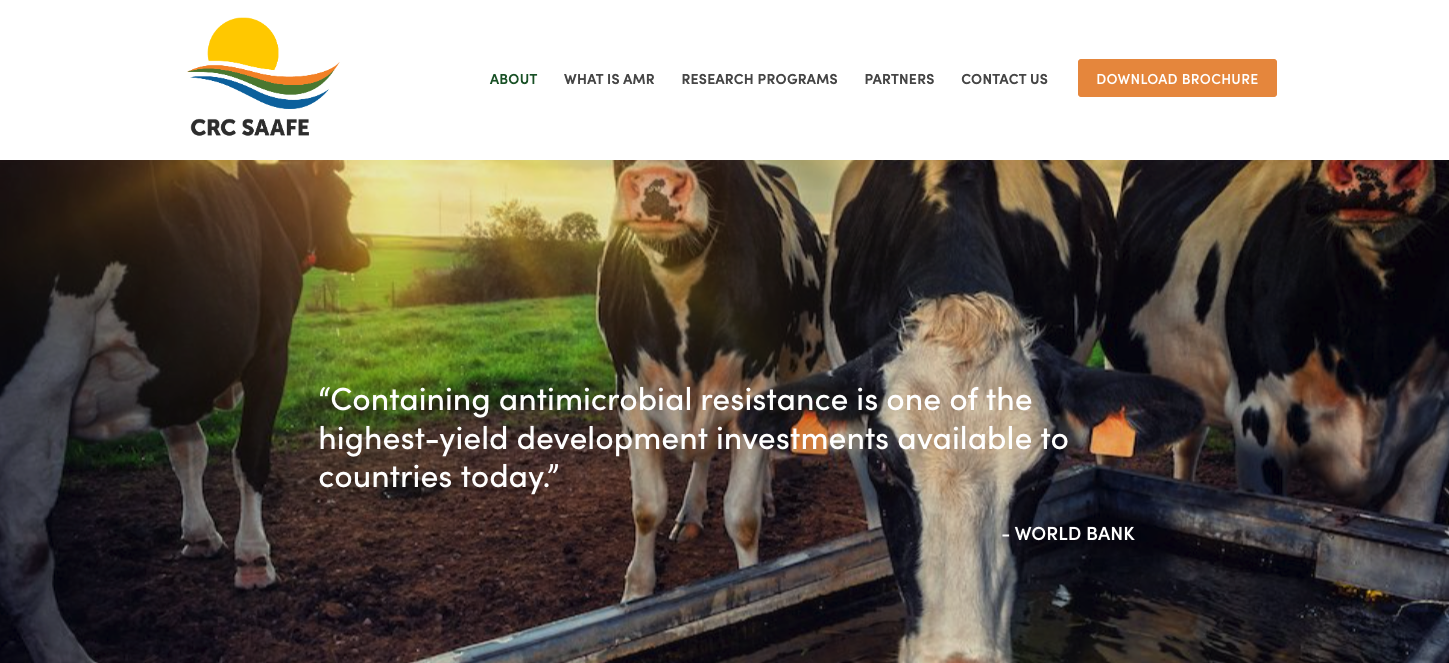
Livestock sustainability is a much more complex issue than inhibiting methane production. Holistic solutions are needed that also maintain nutrient digestibility, reduce nitrogen pollution, maintain efficiency, are scalable across different production environments in the developed and developing world and are acceptable to the public. After coming to Cornell University in 2017 solving these critical issues have become the core focus of Prof. Joe McFadden.
Cornell is building new climate-controlled respiration chambers, unique to the Unites States, to accelerate their research on livestock methane emissions. Not wanting to reinvent the wheel, Joe’s team is building on research conducted over the last 50 years. His team is planning on using the new chambers to test compounds with proven in vitro methane inhibition data in live animals to determine how they work in North American production systems and other environments across the world.
Joe understand we have to invest in people first and foremost to really drive solutions. A key part of his plans are transitioning to a problems-based approach to sustainability where he is leading efforts across universities, states, and internationally to improve collaboration. To accelerate the approval process for feed additives he is collaborating with an environmental NGO and the FDA to develop new approval methodologies and he has developed a new program to educate both students and the public simultaneously.
I recently caught up with Joe to hear more about his work.



